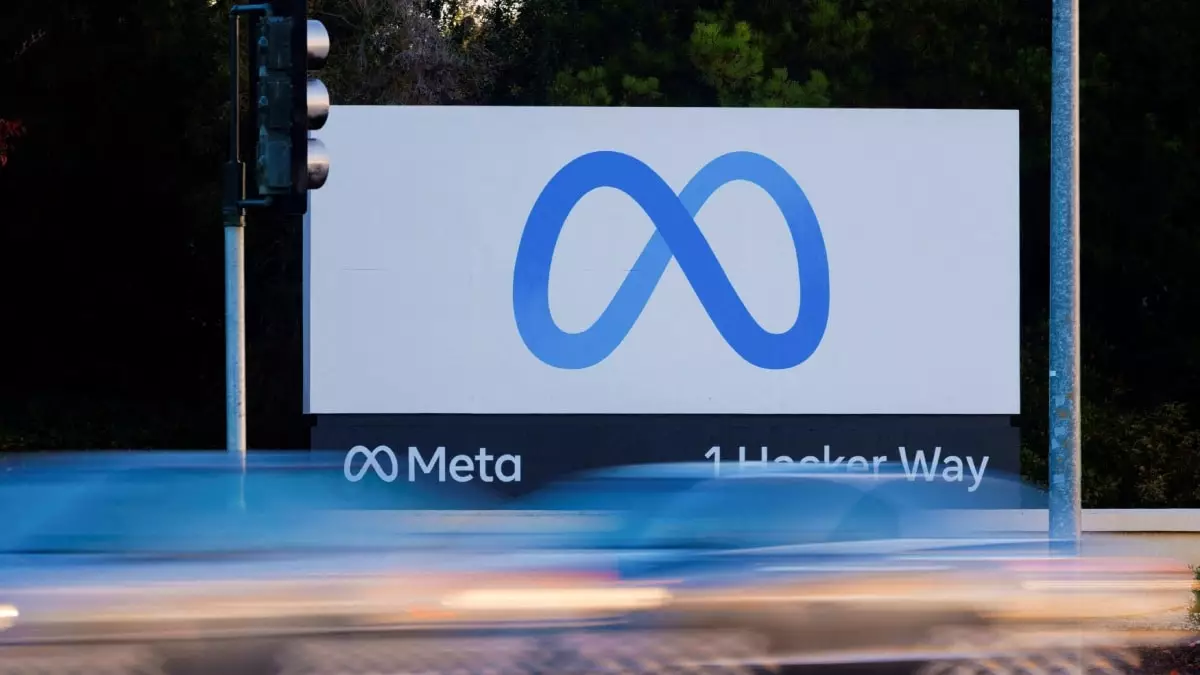In an era where digital connectivity should empower users rather than alienate them, Meta Platforms’ recent behavior exposes a troubling dissonance between promise and reality. The company’s attempt to monetize support through its Meta Verified subscription model has coincided with a significant decline in actual service quality. Users paying a premium of nearly $15 monthly in the US and ₹699 in India are discovering that claims of “direct account support” are little more than window dressing. The reality is a support infrastructure so underdeveloped that many feel ignored, discarded, and helpless—highlighting how automation and profit motives can diminish genuine customer care to an afterthought. This discrepancy between expectation and delivery underscores a broader issue many tech giants grapple with: prioritizing shiny features and monetization over user support and transparency.
Mass Bans and the Breakdown of Trust
The core of the crisis lies in widespread account suspensions affecting Facebook, Instagram, and associated Groups. While Meta remains silent on the specifics, credible reports suggest that an over-reliance on AI moderation systems might be the culprit. These automated processes, designed to flag violations at scale, often struggle to accurately differentiate between malicious content and legitimate expression. As a result, innocent users—many of whom have built years’ worth of memories, communications, and business assets—find themselves abruptly cut off, sometimes without warning or clear explanation. The fallout is not merely inconvenience; it is destructive to livelihoods and community relationships. The company’s vague acknowledgment of “technical errors” signals a lack of accountability and exposes a failure of its moderation systems, which appear to be mishandling complex content nuances.
The Human Cost of Flawed Automation
What is most troubling is the apparent abdication of responsibility. Meta’s automated systems, coupled with a customer support infrastructure that seems nearly nonexistent, leave users in a void where appeals are met with automated, unhelpful responses. The broken links for account restoration and the absence of live human interaction demonstrate a troubling trend where corporations use technology as a shield against accountability. Small businesses and content creators, who rely heavily on these platforms, face devastating financial and emotional setbacks. The anger and frustration are palpable, fueling legal threats, protests, and petitions demanding accountability. The petition with over 25,000 signatures underscores a growing demand for Meta to realign its moderation practices, support structures, and communication transparency.
A Cautionary Tale for the Tech Industry
Meta’s current predicament is not just a failure of customer service but a stark warning to all digital platforms: automation should enhance, not replace, human oversight. Trust is the foundation of any social media ecosystem, yet Meta’s prioritization of algorithms over individuals risk eroding that trust at an alarming rate. The false promise of “direct support” reveals a superficial marketing ploy that many users now see through. As the platform grapples with these issues, it becomes clear that technological sophistication cannot substitute for genuine engagement, understanding, and responsibility. Until Meta and similar companies recognize this truth, they risk losing more than just user goodwill—they threaten their very legitimacy in the digital age.

